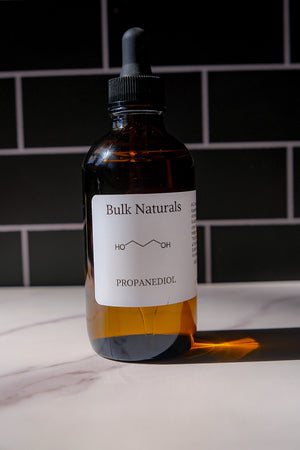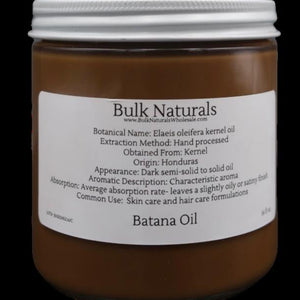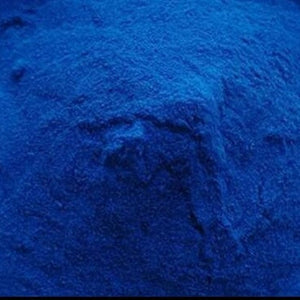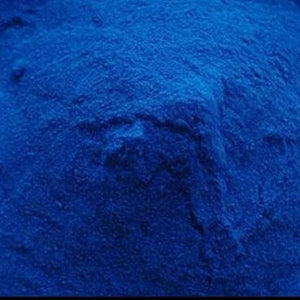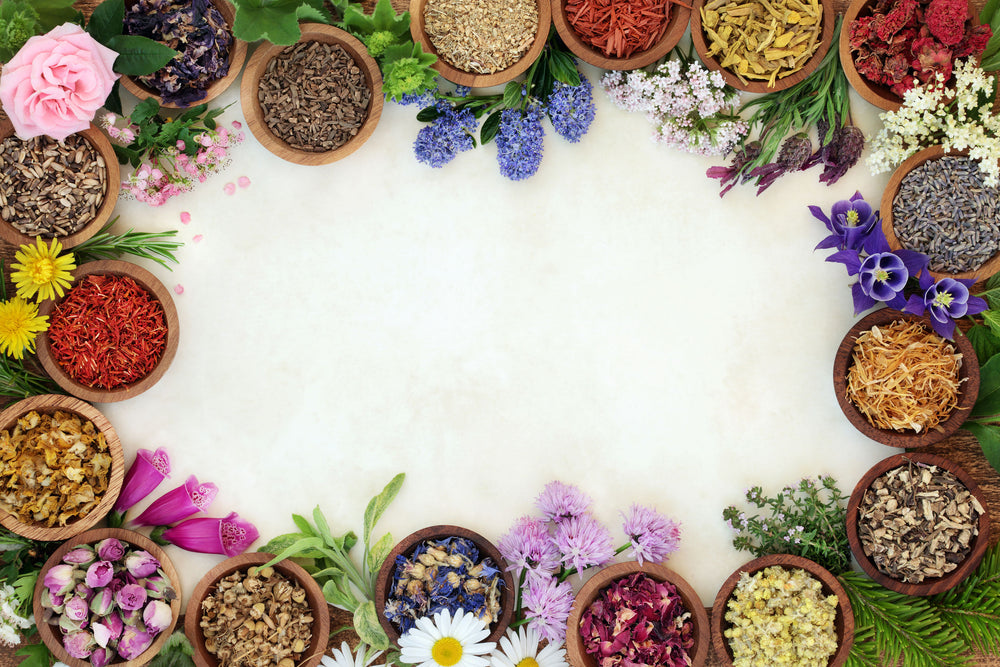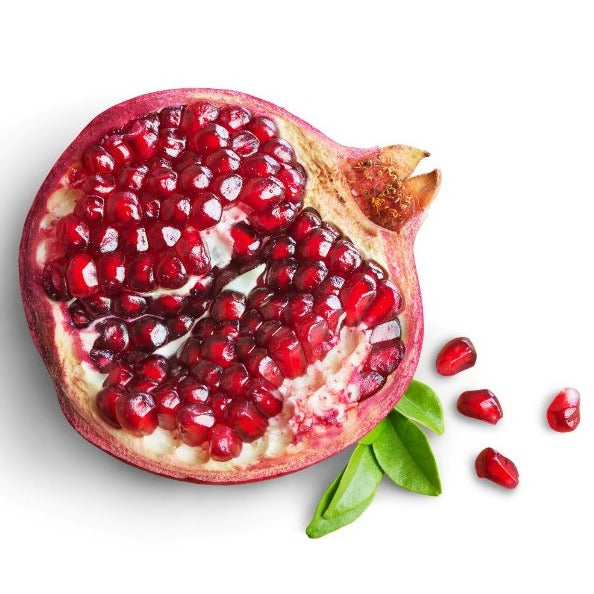
Pomegranate Extract G PF
100% Pure Undiluted Products
Sustainably Sourced, Responsibly Packaged
Freshly Packaged to Order
Packing a powerhouse of vitamins such as C and K, and minerals such as zinc and potassium, amino acids, and a supercharged antioxidant profile, it is clear that pomegranate lives up to its longevity-promoting reputation. Studies show that ingestion of pomegranate fruit protects against acute as well as many age, stress, and lifestyle-related degenerative conditions. It reduces the risk of heart attack and stroke by balancing cholesterol, decreases blood pressure, improves insulin resistance, boosts memory and cognitive function, and has been demonstrated in research to arrest the development and spread of cancer cells.
Its claim to fame lies in its potent array of polyphenols and flavonoids, including hydrolyzable tannins known as ellagitannins (derivatives of the therapeutic parent molecule, ellagic acid) and, in particular, Punicalagans, a class of phenols uniquely concentrated in pomegranate. These constituents provide wound-healing properties as astringents, speeding the recovery of damaged tissues by re-epithelialization, promoting the synthesis of hydroxyproline (an important component of collagen), and guarding against microbial invasion. The brilliant red hue of the pulp attests to a rich composition of anthocyanins and anthoxanthins, remarkably boasting a threefold stronger potency over green tea and red wine. These molecules support robust cellular antioxidant activity and boost host immunity.
Thanks to this abundance of nourishing phytochemicals, pomegranate finds its place as a hero for our outermost organ, the skin. As a scavenger of reactive oxygen species, pomegranate polyphenols effectively guard cellular DNA from UV radiation-exposed skin, sparing it from hyperpigmentation, dark spots, and damage at the deeper dermal layer. Pollution, daily skin stressors, and inflammatory reactions are held at bay by the stabilizing and regenerating powers of ellagic acid, which binds to copper to prevent melanin over-production, as seen in melasma (a hormone-related pigmentation irregularity) and photoaging. Pomegranate extract also demonstrates the ability to preserve collagen in a bimodal fashion: first, by directly preserving fibroblasts — the cells which produce elastin and collagen to keep the skin tight and wrinkle-resistant; and second, by suppressing the synthesis of metalloproteinases, enzymes responsible for the break-down of collagen.
From wounds and scar care to dermatitis and erythema (redness), to skin lightening and sun protection, to facial tonifying, soothing, and acne-prone skin, to preventive maintenance and arresting the visible impact of time on skin, Pomegranate Extract G PF provides a superior ingredient boost to any cosmetic or skin care product.
- Vegetable extracts can develop sediment during storage. Natural products can vary slightly in color from batch to batch.
- Glycerin Extract must be added at the end of the cosmetic preparation, with the product temperature under 55°C.
Suggested Use & Storage
INCI Nomenclature: Glycerin & Punica granatum Extract
Appearance: Pale Yellow Liquid
Solubility: Water Soluble
Suggested Use Levels: 1.0-10.0%
Storage: Protected from direct light and humidity at a temperature of 50°-77°F (10°-25°C)
Shelf life: Retest every 12 months from the date of MFG, and store properly, in a sealed container. This product should be added to a formulation at the recommended usage rate.
All products sold are cosmetic grade; External Use Only; Cosmetic & Personal Care Formulations Only.
Documents
Orders Ship in 1-4 business days excluding postal holidays. Standard Shipping is USPS Ground Advantage for up to 12oz, USPS Priority & UPS for larger orders.


